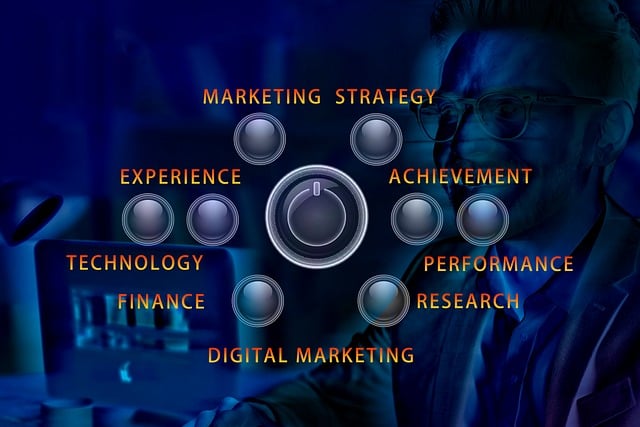AI and VR are transforming space design, especially for mobile homes, with innovative room layout recommendation systems. These tools use machine learning algorithms to create personalized, optimized floor plans based on user preferences and constraints, enhancing the interior design process. By immersing users in digital environments, these technologies enable intuitive space planning, save time, and offer creative solutions for limited spaces. AI VR systems also drive social sentiment tracking, providing valuable data for architects to make informed design decisions, ultimately shaping a dynamic housing market through tailored and desirable mobile home designs.
“Unleash the power of AI and VR integration in social sentiment tracking, transforming virtual spaces into dynamic environments. This article explores how ‘AI Mobile Homes’ leverage advanced algorithms and smart design tools, such as room layout recommendation systems, to enhance user experiences. We delve into the impact of these innovations on social media analysis, offering unique insights into public sentiment. By combining AI with VR, we can create immersive experiences that not only cater to individual preferences but also provide valuable data for businesses.”
- Understanding AI and VR Integration in Social Sentiment Tracking
- The Role of Room Layout Recommendation Systems in Enhancing User Experience
- Impact and Future Prospects of AI Mobile Homes for Social Media Analysis
Understanding AI and VR Integration in Social Sentiment Tracking

The Role of Room Layout Recommendation Systems in Enhancing User Experience

AI-powered VR room layout recommendation systems are transforming how we design and experience spaces, especially in the context of mobile homes. By leveraging machine learning algorithms, these tools can analyze user preferences, space constraints, and even personal styling choices to suggest customized room arrangements. This enhances the overall user experience by offering tailored solutions that maximize functionality and aesthetics within limited square footage.
Imagine a scenario where you’re setting up your tiny home for the first time. With an AI VR layout tool, you can virtually explore various design options without physically moving furniture. This not only saves time but also allows for more creative experimentation. The system might recommend optimal arrangements for maximizing natural light, improving circulation, or even optimizing storage—all while ensuring a comfortable and visually appealing environment.
Impact and Future Prospects of AI Mobile Homes for Social Media Analysis

The integration of Artificial Intelligence (AI) and Virtual Reality (VR) technologies in social sentiment tracking tools has opened up new avenues for understanding public opinion, especially within the context of mobile homes and their design. AI-powered VR room layout recommendation systems can analyze user interactions and feedback to create immersive digital spaces that accurately reflect societal preferences. By simulating various home designs and gathering real-time responses, these tools offer valuable insights into what features and aesthetics resonate most with individuals. This data-driven approach enables designers and architects to make informed decisions, ultimately shaping more inclusive and desirable mobile homes.
Looking ahead, the future of AI mobile homes for social media analysis appears promising. As VR technology continues to evolve, its integration with AI sentiment tracking will become even more seamless, allowing for intricate simulations that predict trends and identify emerging patterns in consumer behavior. Moreover, advanced natural language processing (NLP) capabilities can enhance the interpretation of user comments and reviews, providing deeper context and nuanced understanding. This, in turn, could lead to innovative design solutions that cater to diverse needs, foster community engagement, and contribute to a more dynamic and responsive housing market.
AI and VR technologies, integrated with innovative room layout recommendation systems, are transforming social sentiment tracking. By creating immersive AI mobile homes, we can gain profound insights into user behavior and preferences on social media platforms. This not only enhances the overall user experience but also opens up new prospects for businesses to tailor their digital strategies. As AI continues to evolve, these tools will play a pivotal role in shaping the future of social media analysis, making it more effective, personalized, and insightful.
